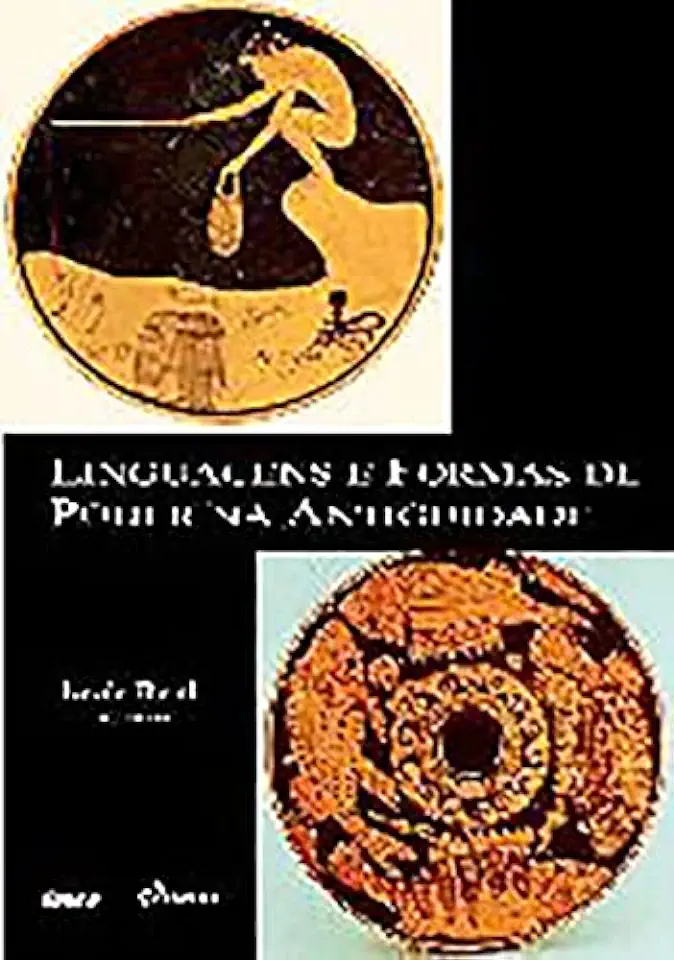
Languages and Forms of Power in Antiquity - Neyde Theml
Languages and Forms of Power in Antiquity: A Comprehensive Exploration of Linguistic Influence and Authority
Introduction: Unveiling the Interplay of Language and Power
In the annals of human history, language has emerged as a formidable force, shaping societies, influencing cultures, and wielding immense power. Neyde Theml's groundbreaking work, "Languages and Forms of Power in Antiquity," delves into the intricate relationship between language and power, offering a comprehensive analysis of how linguistic choices have influenced and been influenced by power structures throughout ancient civilizations.
The Power of Language: A Multifaceted Force
Language, as Theml elucidates, is not merely a tool for communication; it is a multifaceted instrument that can construct and challenge power dynamics. Through a meticulous examination of ancient texts, inscriptions, and artifacts, Theml unveils the ways in which language has been employed to legitimize authority, maintain social hierarchies, and shape cultural identities.
Language and the Construction of Authority
In ancient societies, language played a pivotal role in constructing and legitimizing authority. The use of specific languages, dialects, and rhetorical strategies served to distinguish the powerful from the powerless, creating a linguistic divide that reinforced social hierarchies. Theml provides compelling examples of how rulers and elites employed language to project an aura of authority and maintain their positions of power.
Language as a Tool of Social Control
Language also served as a potent tool of social control, enabling the powerful to shape the thoughts, beliefs, and behaviors of the masses. Theml analyzes how ancient rulers utilized language to disseminate propaganda, manipulate public opinion, and suppress dissent. By controlling the flow of information and shaping the narrative, the powerful maintained their dominance and ensured social stability.
Language and Cultural Identity
Language played a crucial role in shaping cultural identities and fostering a sense of belonging. Theml explores how ancient civilizations used language to construct collective identities, differentiate themselves from neighboring groups, and assert their cultural superiority. Language became a symbol of cultural heritage, a means of preserving traditions, and a source of pride for ancient communities.
The Challenges to Linguistic Power
Despite the pervasive influence of language in shaping power dynamics, Theml also highlights instances where linguistic power was challenged and subverted. She examines the emergence of counter-narratives, the use of satire and humor to critique authority, and the agency of marginalized groups in reclaiming their linguistic identities. These challenges to linguistic power demonstrate the resilience of human agency and the potential for language to be a force for change.
Conclusion: The Enduring Legacy of Language and Power
"Languages and Forms of Power in Antiquity" stands as a seminal work that illuminates the profound impact of language on power structures and the ways in which power has shaped linguistic practices. Theml's comprehensive analysis provides a deeper understanding of ancient societies, offering valuable insights into the enduring legacy of language and power in shaping human history.
A Must-Read for Scholars, Historians, and Linguists
"Languages and Forms of Power in Antiquity" is an essential read for scholars, historians, linguists, and anyone interested in the intricate relationship between language and power. Theml's meticulous research, engaging writing style, and thought-provoking insights make this book a must-have for anyone seeking to unravel the complexities of ancient civilizations and the enduring influence of language.